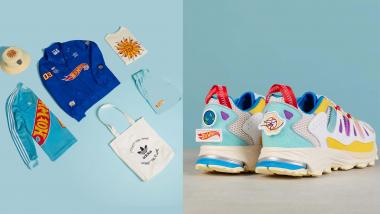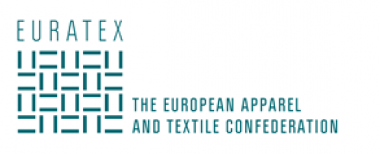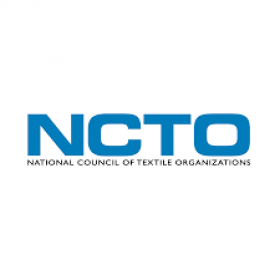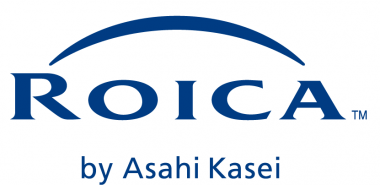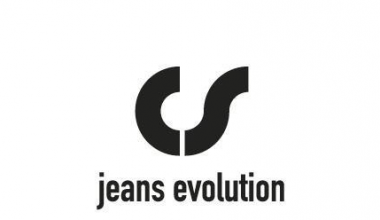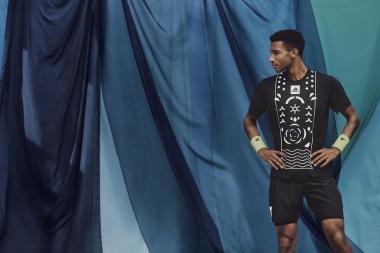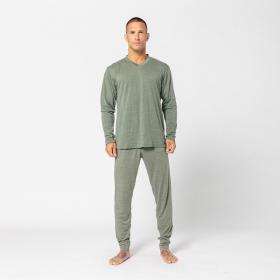adidas Originals and Sean Wotherspoon team up with Hot Wheels
The Los Angeles-based designer Sean Wotherspoon returns with another release, this time combine his love for all forms of automotive memorabilia by bringing Hot Wheels into the frame to create a race inspired collection of apparel and footwear, brought to life with a series of bold graphics.
The apparel collection features a race jacket, long sleeve mesh t-shirt, cotton tee, trail shorts, a bucket hat and reversible tote bag. While the footwear release is comprised of an updated Superturf Adventure shoe with detachable patches and a take on adidas’ classic slider, the Adilette.
adidas AG


